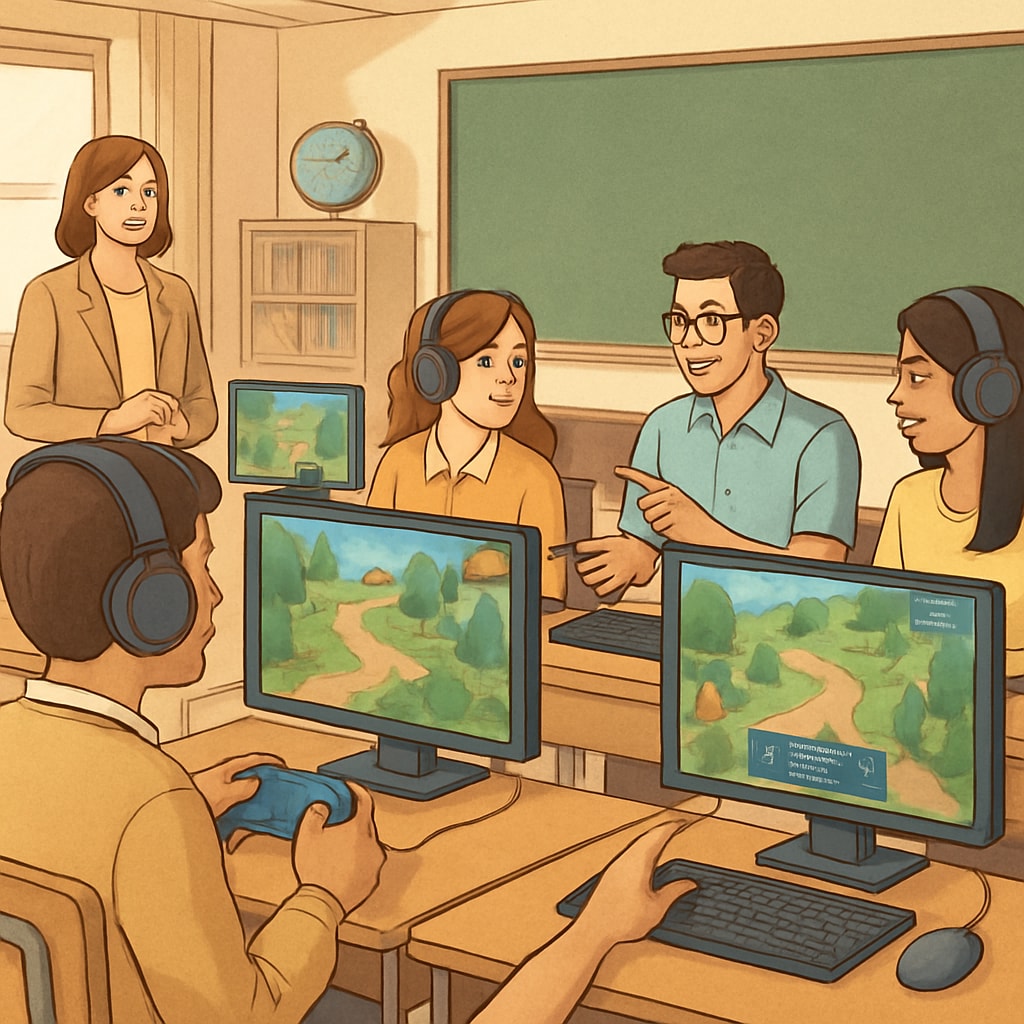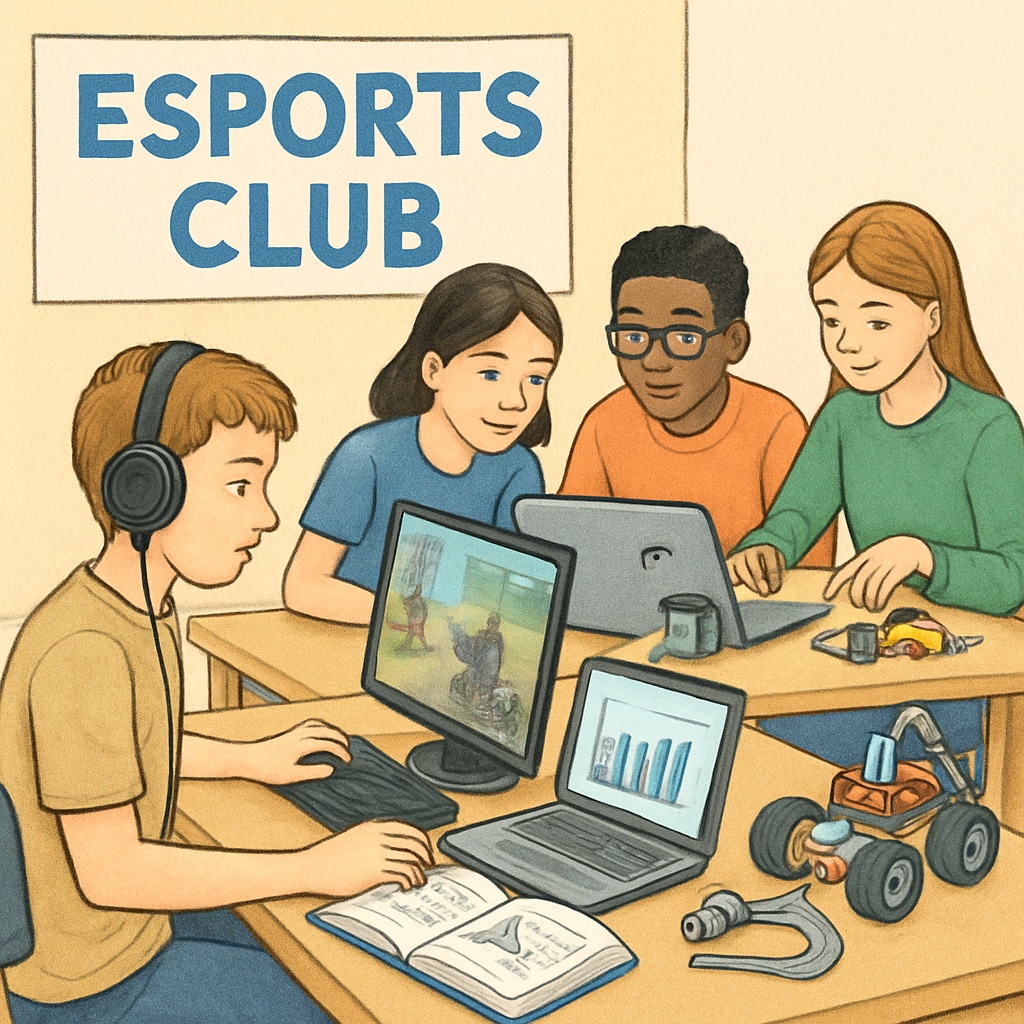Game-based learning, esports, and education are converging to create a transformative paradigm in K12 classrooms worldwide. With the recent collaboration between GameClass and the North America Scholastic Esports Federation (NASEF), over 9,000 esports clubs are pioneering innovative methods to integrate core academic subjects with gaming. This approach not only improves student engagement but also redefines the role of technology in education.
Why Esports is the Next Frontier in Education
Esports, often dismissed as mere entertainment, is proving to be a powerful tool in education. By leveraging students’ natural interest in gaming, educators can build bridges to academic subjects like math, science, and language arts. According to NASEF, esports provides a platform for collaborative problem-solving, critical thinking, and teamwork—skills essential for both academic and career success.
For example, games like Minecraft and Rocket League can be used to teach geometry and physics, while strategy games like League of Legends encourage analytical thinking and decision-making. This alignment of gaming with educational goals makes esports a compelling addition to the classroom.

How Game-Based Learning Boosts Student Engagement
Traditional teaching methods often struggle to keep students engaged, but game-based learning offers a solution. It taps into intrinsic motivation by incorporating elements of competition, achievement, and collaboration. When students participate in esports-based projects, they are not just passively consuming information; they are actively solving problems and applying knowledge.
Research supports the effectiveness of this approach. A study published by Wikipedia’s Game-Based Learning page highlights how integrating gaming into education increases retention rates by over 30%. This is because students learn better when they’re emotionally invested in the material.

Building Future-Ready Skills Through Esports
One of the most significant benefits of integrating esports into education is the development of future-ready skills. Beyond academic knowledge, students gain experience with digital tools, collaboration in virtual environments, and adaptability to new challenges—all vital for the 21st-century workforce.
Organizations like NASEF emphasize the role of esports in fostering soft skills such as communication, leadership, and conflict resolution. These skills are transferable across industries, making esports not just an educational tool but a career-building platform.
In addition, esports exposes students to potential career paths in game design, programming, event management, and digital media. Educators can guide students toward these opportunities, turning their passion for gaming into tangible career aspirations.
The Global Impact of Esports in Education
Esports in education is not limited to individual classrooms; it is a global movement. The partnership between GameClass and NASEF exemplifies this, with clubs across different countries adopting game-based learning frameworks. This international reach allows educators to share best practices and collaborate on curriculum development.
For example, Britannica’s Education Overview highlights the growing trend of technology-driven teaching methods, including esports, as a key factor in improving educational equity. By providing access to innovative tools, esports can bridge gaps in learning for underprivileged communities.
As a result, esports is not just reshaping education; it is creating a more inclusive and future-oriented global learning environment.
Readability guidance: The article uses short paragraphs for readability, incorporates lists to summarize key points, and employs transition words to ensure smooth flow. Active voice is prioritized, with passive constructions minimized.


